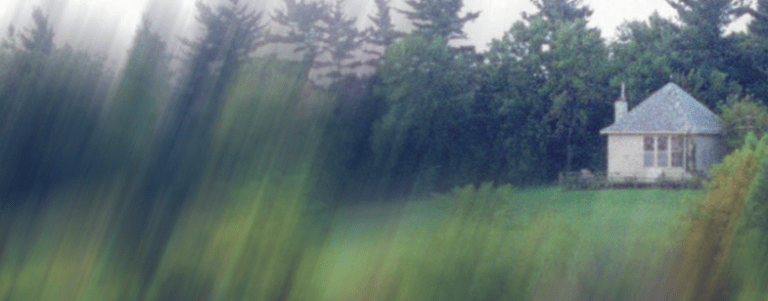Marc Nieson’s Schoolhouse: Lessons on Love & Landscape is now available from Ice Cube Press! Nieson — a Raymond Carver Short Story Award winner and Pushcart Prize nominee — teaches at Chatham University and edits fiction for The Fourth River. He’ll be the featured author at the Conversations and Connections writer’s conference on October 22nd — and will also be reading at White Whale Bookstore with Philip Terman on October 28th (in addition to a number of local events in November).
From the publisher: “Schoolhouse: Lessons on Love & Landscape concerns the search for where identity, place, and heart intersect. The memoir opens with its Brooklyn-born narrator standing on his head outside an old one-room schoolhouse amid 500 acres of remote woodlands in Iowa, his new home. Why this Walden-like retreat? Is it to attend the renowned Iowa Writers’ Workshop, or is he actually on the lam from love?
Structured like a schoolbook, each chapter is named after a school subject (i.e. Geography, History, Social Studies, What I Did On My Summer Vacation), which collectively forms an overall lesson plan for his coming back out of the woods. For the Heartland, it seems, won’t allow him to hide from his own heart forever. Schoolhouse is a study of both nature and of human nature…”
“A compelling story woven from whispered secrets, Nieson’s book is a true gem of the memoir form.” –Dinty W. Moore, author of Between Panic & Desire
My brother was born with a broken heart. Literally. A hole down its center, the pulmonary veins and arteries transposed and twisted on themselves — its beating irregular, choked. If such a heart were found in a newborn today or even ten years later, it could have been mended through surgery. In 1958, however, there was nothing to be done. Nothing but wait out seven long months till mercy.
I never met him. He came and went before I was born. I didn’t even learn about him until I was nearly eleven, when my mother sat me down at the kitchen table one evening. No wait, we were already sitting. Dinner was finished and we were about to drink our tea. Just another typical night around the house, with my mother sitting opposite me and my older sister off to my left. I can’t seem to place my father, though. Probably he was already downstairs in the basement tinkering with broken televisions, a side job of his that helped make ends meet. Somehow I remember carrots, too. Cubed carrots, the kind that came in a can. Perhaps they still sat at the edge of my plate, pushed aside and cold.
My mother paused before speaking. I remember that, too. The way she slid the tag from the tea bag between her teeth like a toothpick. The way her words came out, slow and deliberate. Choked back even, once or twice. My sister, who was surely old enough to remember it all, sat dutifully silent, her eyes not daring to meet mine. Of the exact conversation concerning our brother, however, I recall very little: that he was born with a full head of hair, that he slept in an oxygen tent, and that the box he was buried in was very, very small — more like the size of something you’d expect to put in the ground to grow.
I can’t say why my family waited so long to tell me, or why they finally did that evening. No doubt they had their reasons, their scars. Yet at the time, as a child, I remember feeling very confused, betrayed. Not necessarily because I was denied a brother, but because I was denied the knowing. That certain stories had been withheld from me. Secrets in the dark I couldn’t know nor comprehend. Absences. Shadows. The world suddenly felt unfamiliar to me that evening. A place I couldn’t entirely trust at face value anymore.
At public school, I started to second-guess what was being told to me by my teachers and textbooks, too. Started revisiting all those countless facts and figures — 1492, long division, mitochondria, the Boston Tea Party. Started dissecting my test papers’ red ink for hidden clues and connections. Yet all I could decipher was that each textbook was being treated as a separate subject, a separate discipline, and ultimately the only discipline we learned was how to answer, not how to question. Not how to reason or at least search for reasons. Reasons why the earth wasn’t the center of the universe. Why history would again and again repeat itself. Why one son would die while the other remained.
This excerpt published here courtesy of the author.

























